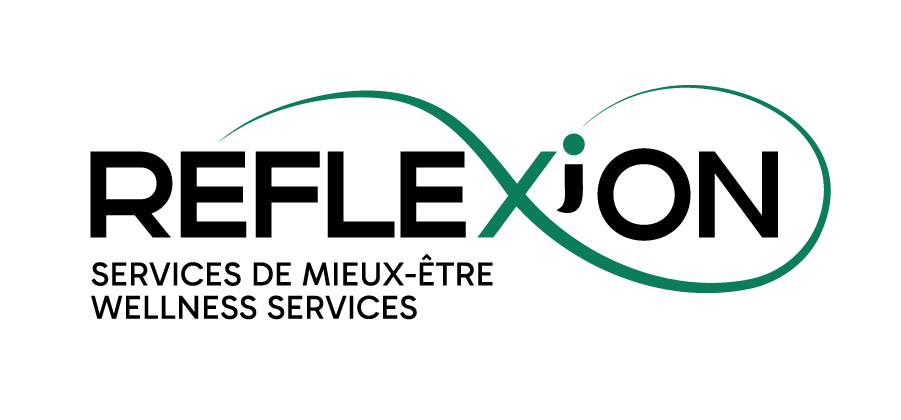Social Media and Mental Health
- Steve Fillion
- Sep 10, 2025
- 2 min read

Social media has become central in our lives. It helps us stay connected, share important moments, and discover new ideas. But its use is not without impact. Behind the benefits lie less visible effects that can weaken our emotional and psychological balance.
This article takes a clear and compassionate look at the links between social media and mental health. Together, let’s explore their effects, the risks involved, and the ways to find a healthier, more peaceful use.
When Social Media Undermines Self-Esteem
Social networks are full of images and stories that often seem perfect. Yet, these posts are frequently edited or carefully curated, creating a distorted reality.
Faced with constant comparison, it’s easy to feel dissatisfied—or even inadequate. Over time, one might start believing their life, body, or achievements are never “enough.” This pressure to match unrealistic standards directly affects self-esteem and can lead to lasting distress.

A Paradox: Hyperconnected but Isolated
Social media promises connection, but excessive use can produce the opposite: loneliness. Online interactions, while useful, cannot replace the richness of in-person exchanges.
Spending too much time behind a screen
reduces opportunities for real-life encounters,
limits social skills,
and makes relationships more superficial.
The absence of nonverbal cues—smiles, gestures, eye contact—weakens communication and diminishes the feeling of emotional closeness.
The Consequences for Mental Health
The negative impact of social media goes beyond self-esteem and isolation. Research has shown clear links with:
Depression and anxiety: cyberbullying, hateful comments, and exposure to toxic content can generate a strong sense of emotional insecurity.
Sleep disruption: blue light from screens delays the production of melatonin, making it harder to fall asleep. Hours of late-night scrolling also reduce the length and quality of rest.
Weakened concentration: constant notifications and endless content streams fragment attention, lowering productivity and reducing focus in daily life.
Combined, these effects can seriously affect mental and emotional well-being.
How to Find a Healthy Balance
Fortunately, there are simple, practical steps to make social media use healthier:
Set clear limits: decide on a daily time cap, turn off nonessential notifications, and schedule screen-free times (such as before bedtime).
Develop critical awareness: learn to spot retouched or staged content, filter out posts that fuel negativity, and choose to follow uplifting, supportive accounts.
Prioritize real-life connections: spend quality time with loved ones, join community activities, and create opportunities for authentic interactions.
A Tool to Be Managed
Social media is not inherently “bad.” It can even play a positive role: offering spaces for self-expression, support, and shared experiences. The challenge lies in finding balance.
By becoming more aware of its effects and adopting more mindful use, it’s possible to enjoy the benefits while protecting mental health.
Taking care of yourself also means setting healthy boundaries in the digital world.

